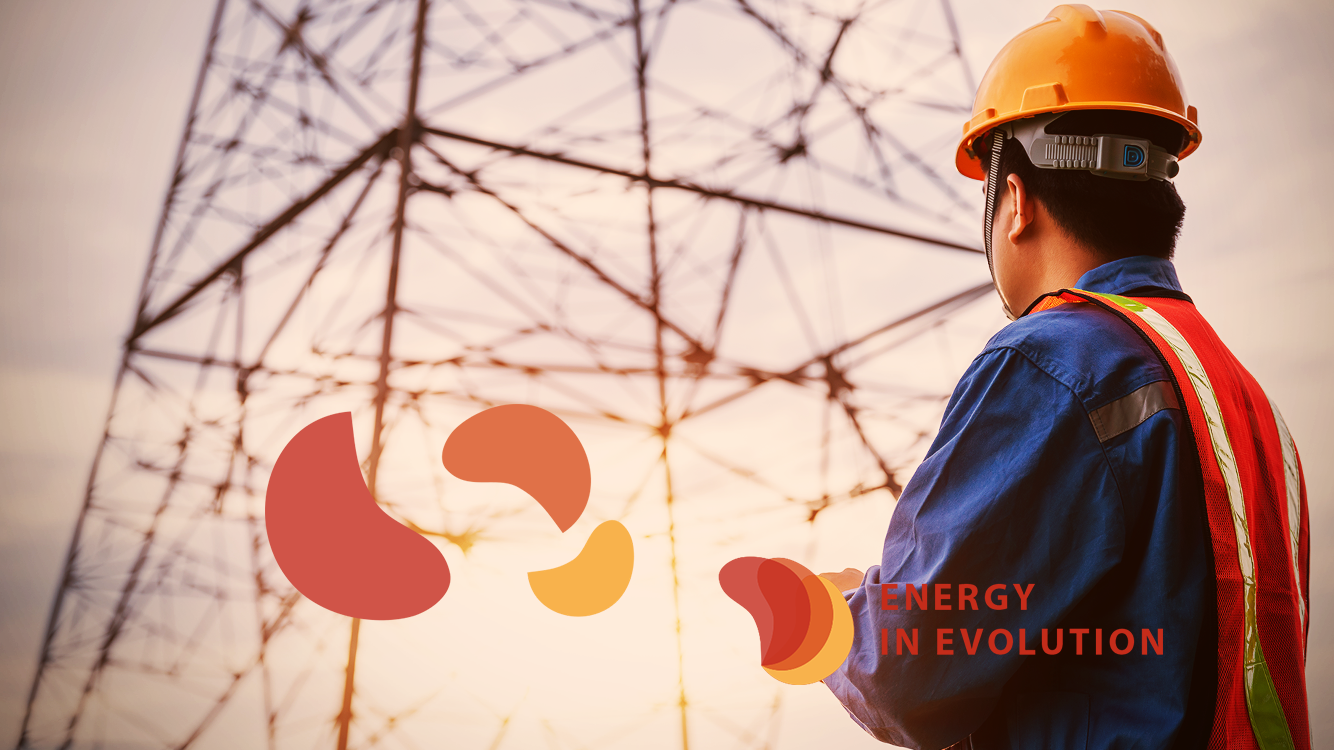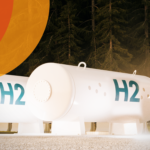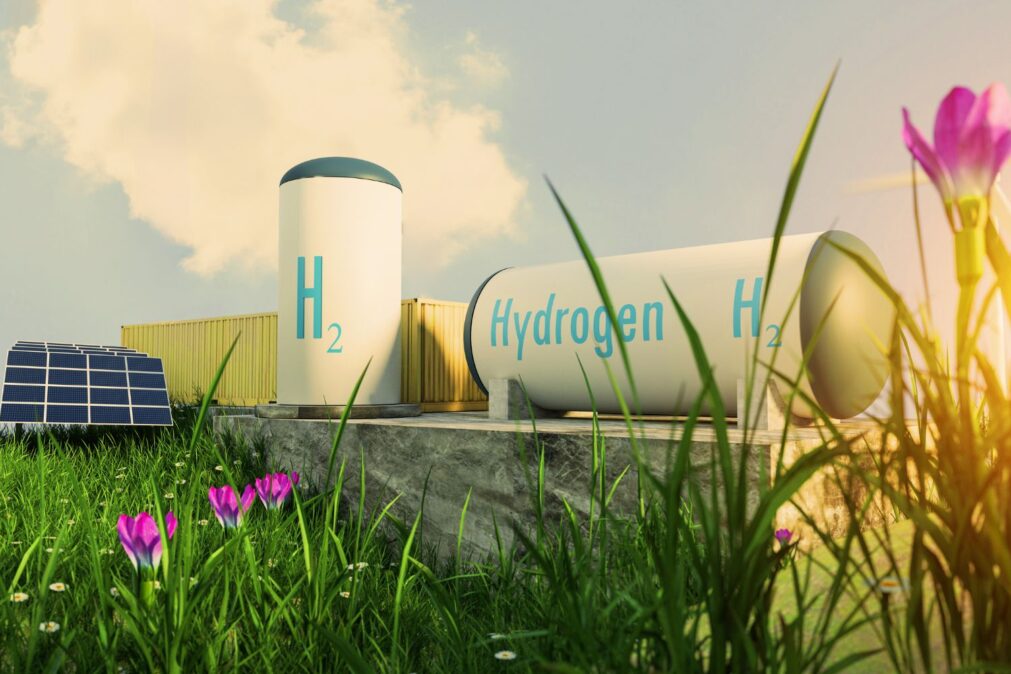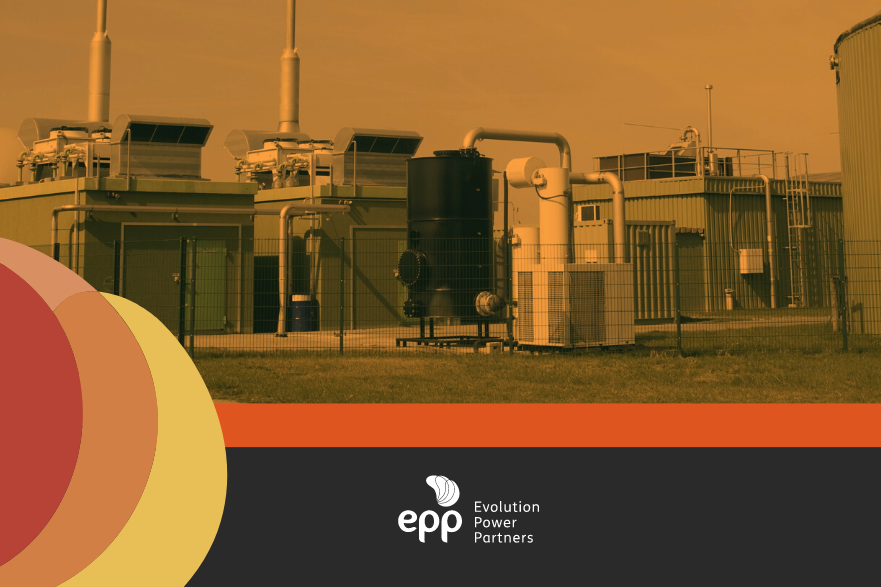Hydrogen regulation does not yet exist in Brazil, but both the market and the government are interested in developing these standards.
Hydrogen is a source with good prospects for the future. However, for it to develop as an energy source, in addition to technological developments, a regulation of hydrogen must be created.
On May 17, 2021, the National Energy Policy Council published resolution No. 06/2021, for the beginning of the creation of the proposed guidelines for the National Hydrogen Program.
The resolution highlights that some factors must be considered: the interest in developing the hydrogen market in the country on internationally competitive bases, the importance of hydrogen as an energy vector and its contribution as a low carbon matrix and the diversity of energy sources available for production of hydrogen.
Hydrogen as an energy source
With global warming, it was necessary for countries to invest their efforts in a low-carbon economic transition, starting to use more efficient ways, with less pollution. In this context, hydrogen stands out beyond its use as a raw material.
Hydrogen can be used for different uses: mobility, residential, energy and industry. Hydrogen can be used to generate electricity, but as it is not easily found in nature alone, chemical and physical processes need to be carried out to separate it from the other elements and ensure its use as a source of energy in its molecular form (H2).
A recent study showed that there are twenty two technologies capable of producing hydrogen, thirteen of which could function as renewable energy, although not all are economically viable. From these processes, it is possible to obtain green, gray and blue hydrogen.
Green hydrogen is produced using renewable energy to drive the electrolysis of water. Thus, it is the cleanest option to obtain, yet the most expensive. The gray version is generated from a fossil gas and is the main source currently used. Blue hydrogen uses fossil fuels with capture, called carbon capture and storage (CCS).
Regulation of hydrogen in Brazil
By having these different ways of obtaining, there are many legal-regulatory debates, such as division of competences and regulatory entity. The 2050 National Energy Plan devoted a chapter to hydrogen, listing it as a disruptive technology. However, so far, there is still no consolidated regulatory framework.
One of the aspects of the impasse, for example, is who will have legal jurisdiction over production and distribution. Will it be the National Electric Energy Agency (ANEEL) or the National Water Agency (ANA)? An interesting topic addressed in PNE 2050 is the link between hydrogen and natural gas. With the new gas law enacted this year, new spaces are being opened up for private players in the sector.
Thus, the PNE 2050 suggests that the regulatory framework for the storage of hydrogen can be done in the context of the new gas market. Hydrogen could also be transported using existing pipeline infrastructure, lowering costs.
In February 2021, the Energy Research Company (EPE) published a technical note entitled “Bases for the Consolidation of the Brazilian Hydrogen Strategy”, presenting the necessary actions for the diffusion of hydrogen in the Brazilian energy matrix. The industry highlighted the importance of adopting all the colors of hydrogen to secure a strategic position in the emerging new market.
The future of the source is promising in the country, since, despite the absence of legal regulations, the production of hydrogen already attracts multinationals, such as the construction of a green hydrogen hub in Ceará.
Therefore, hydrogen is already starting to make its way. The country is strategically positioned to play a prominent role in the global market, but for this it is important to create a regulation of hydrogen to leverage the sector.






